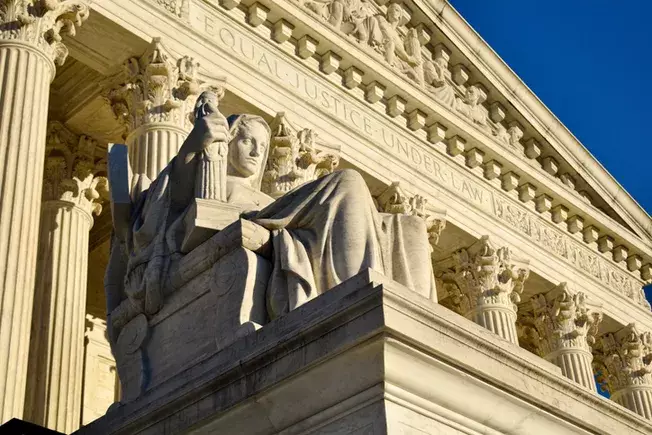The debate surrounding TikTok’s existence in the United States is approaching a critical juncture, with the potential ban poised to take effect imminently. As the clock ticks down to a key deadline, the fate of the app—beloved by approximately 170 million American users—hangs in the balance. At the heart of this issue is the “Protecting Americans from Foreign Adversary Controlled Applications Act,” legislation that threatens to ban TikTok unless it is sold to U.S. owners. The concerns driving this legislative action primarily revolve around TikTok’s ownership by the Chinese company ByteDance and the apprehension over data security and propaganda influence.
The rationale for banning TikTok is rooted in national security concerns. Lawmakers express fears that the app could serve as a vehicle for the Chinese government to collect sensitive data or spread disinformation aimed at U.S. citizens. Although TikTok has countered these arguments, claiming it adheres to strict privacy standards and offering transparency about data use, legislative action has moved quickly, establishing a sense of urgency. Following a recent court ruling that upheld the ban, TikTok’s prospects for overturning this decision now rely on its appeal to the U.S. Supreme Court, marking what may be its last chance for survival in the U.S. market.
The Supreme Court’s reactions during oral arguments suggest a complicated dynamic—while legal precedent and First Amendment rights concerning freedom of expression are in question, the national security narrative appears to weigh heavily on the justices’ considerations. The complexity of the situation is exacerbated by the intense public scrutiny surrounding TikTok, reflecting broader geopolitical tensions between the U.S. and China.
Should the Supreme Court rule against TikTok, the consequences for users could be immediate and striking. Users would likely notice the app vanishing from digital stores like Google Play and the Apple App Store, although residual functionality may perish gradually as the current updates and legal supports vanish. While TikTok would not simply disappear overnight, the long-term functionality would cease, essentially rendering it obsolete for American users. This potential disruption could reshape the social media landscape, leaving users to seek alternative platforms.
Moreover, the implications of such a ban extend beyond just the app itself. The ripple effects could extend to influencers, content creators, and brands reliant on TikTok for marketing and community engagement. This could catalyze a significant shift in how brands connect with younger audiences and alter the dynamics of online content creation.
Despite current obstacles, the future of TikTok may not be entirely bleak. Reports indicate that a consortium of U.S. investors has expressed interest in acquiring the app, a move that could satisfy lawmakers’ concerns regarding foreign ownership and data security. However, the urgency of the initial deadline has raised doubts about whether a sale could be orchestrated quickly enough to meet the stipulations of the impending ban.
Responses from political figures further complicate the landscape. The incoming presidency has voiced support for TikTok, leading to speculation regarding potential efforts to intervene. Nevertheless, any attempt to delay or overturn the ban would face considerable logistical challenges, given that the legislative process appears to have received significant bipartisan support.
While potential legal maneuvers exist, including calls for Congressional action or executive direction to suspend enforcement of the ban, the feasibility of these solutions remains unclear. Legal experts note that any attempts to rescind or stall the implementation of the law would require extraordinary political alignment, not typically seen in contemporary governance.
As the Supreme Court gears up to announce its verdict in the coming days, the stakes for TikTok could not be higher. The potential for a ban poses significant ramifications not only for users but also for the broader discourse on data privacy, national security, and freedom of expression. While hopes for a negotiated resolution or a timely acquisition persist, the landscape appears fraught with uncertainty. As we await the Supreme Court’s decision, one thing remains clear: TikTok’s ability to adapt to its challenges could determine its survival in one of its largest markets.

